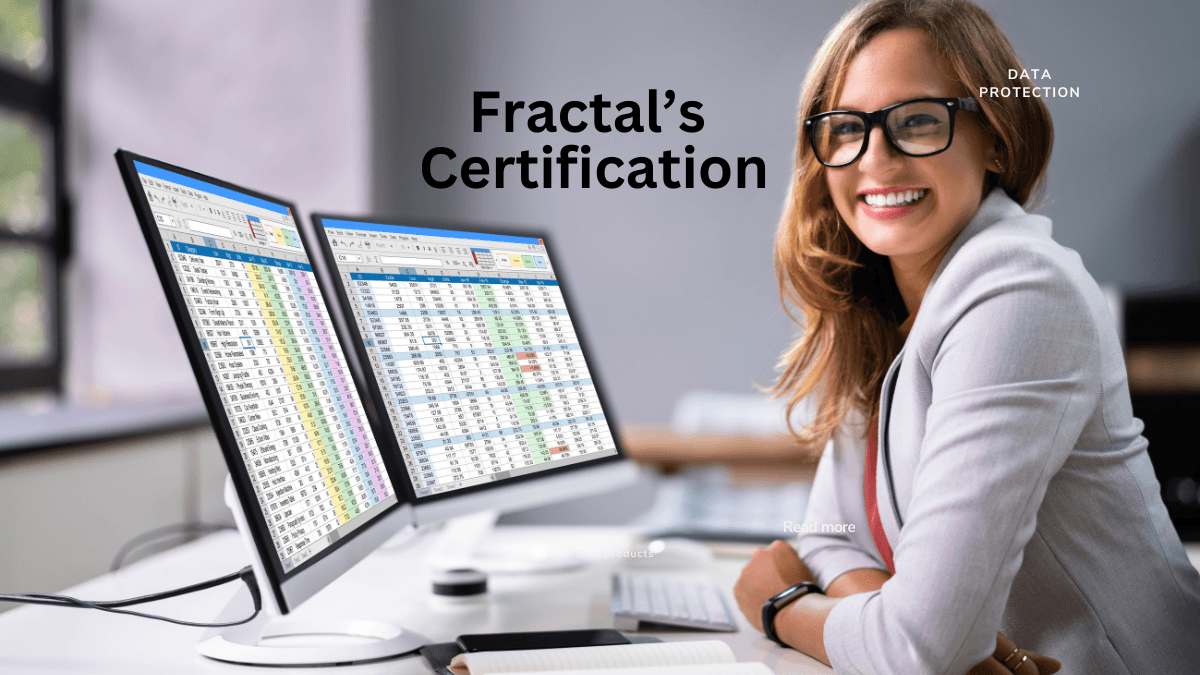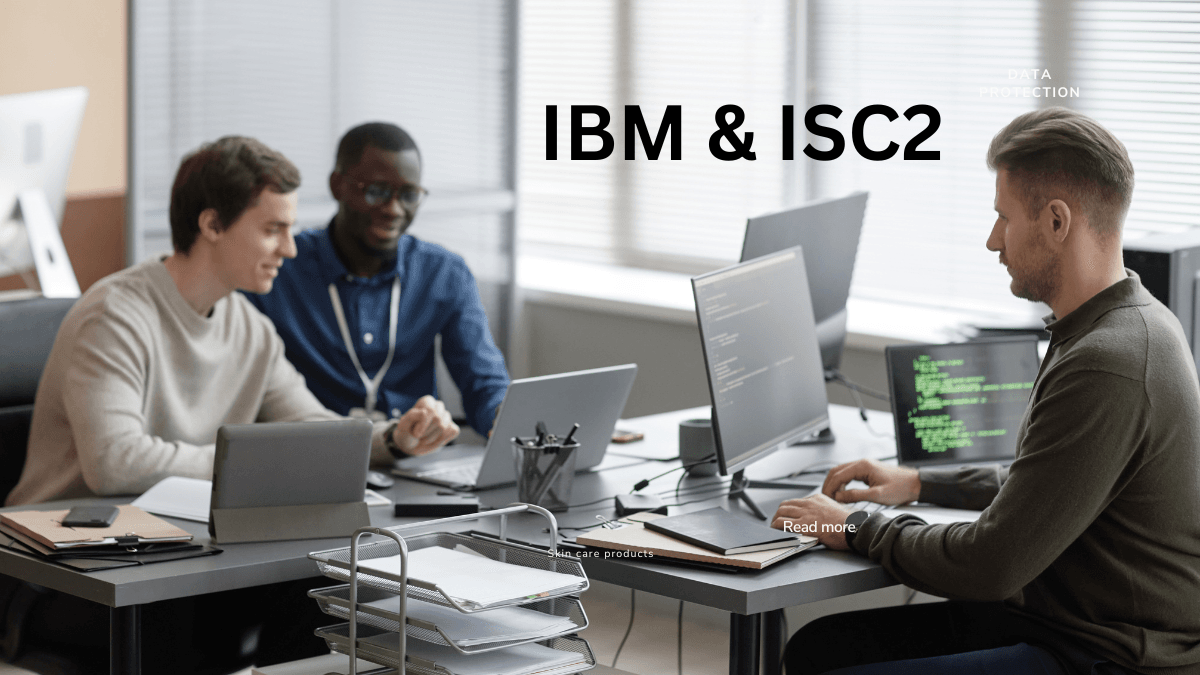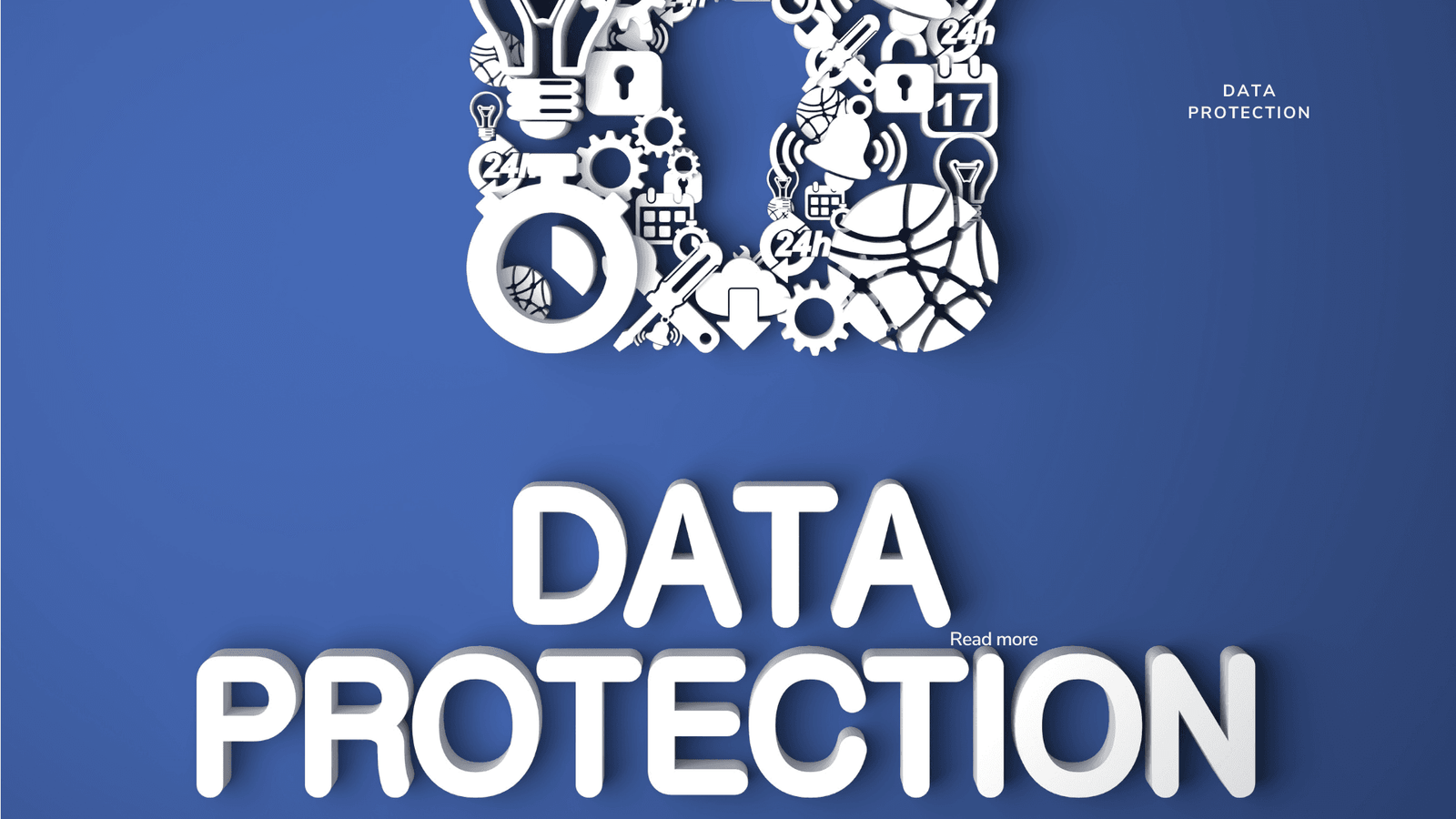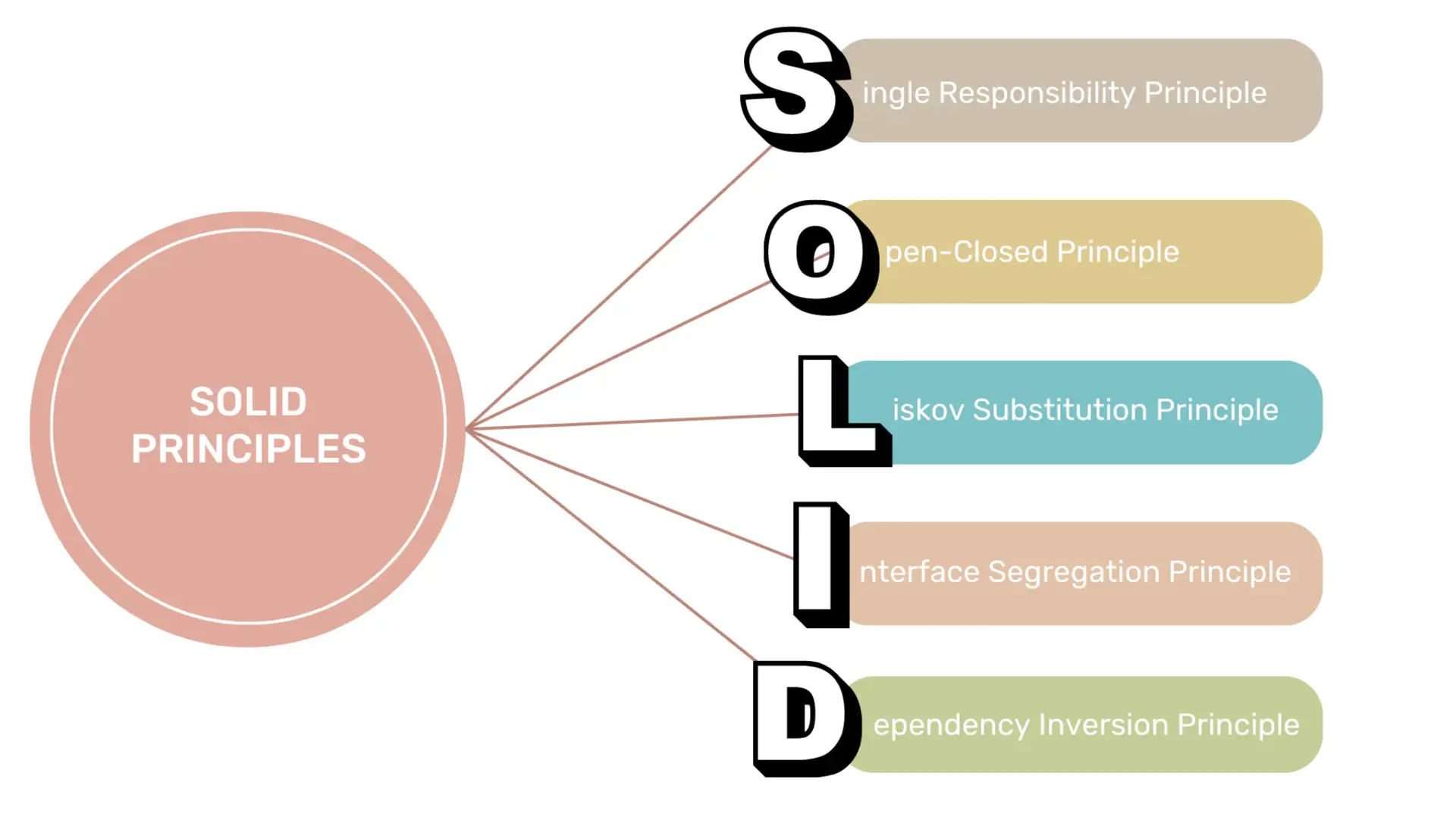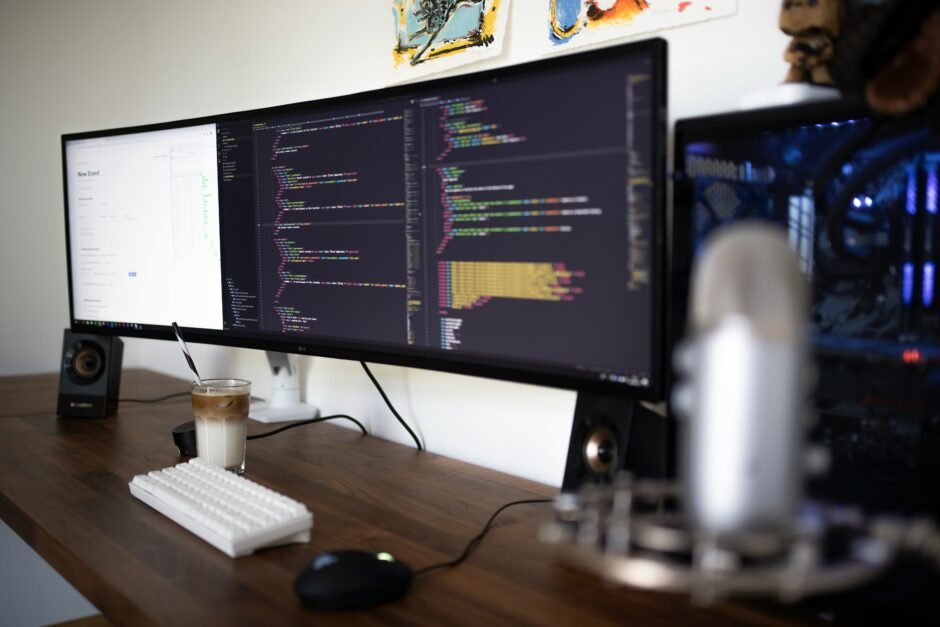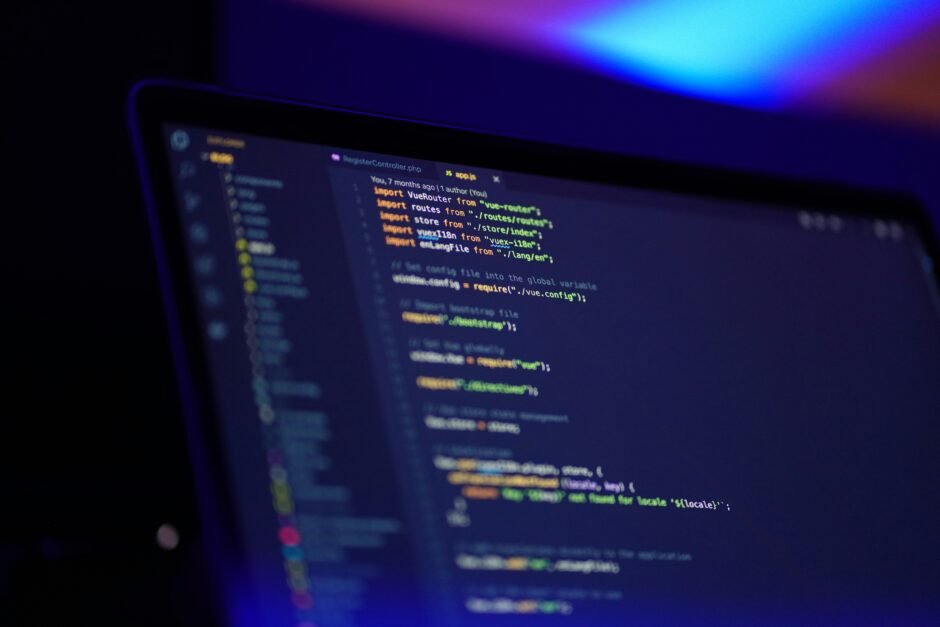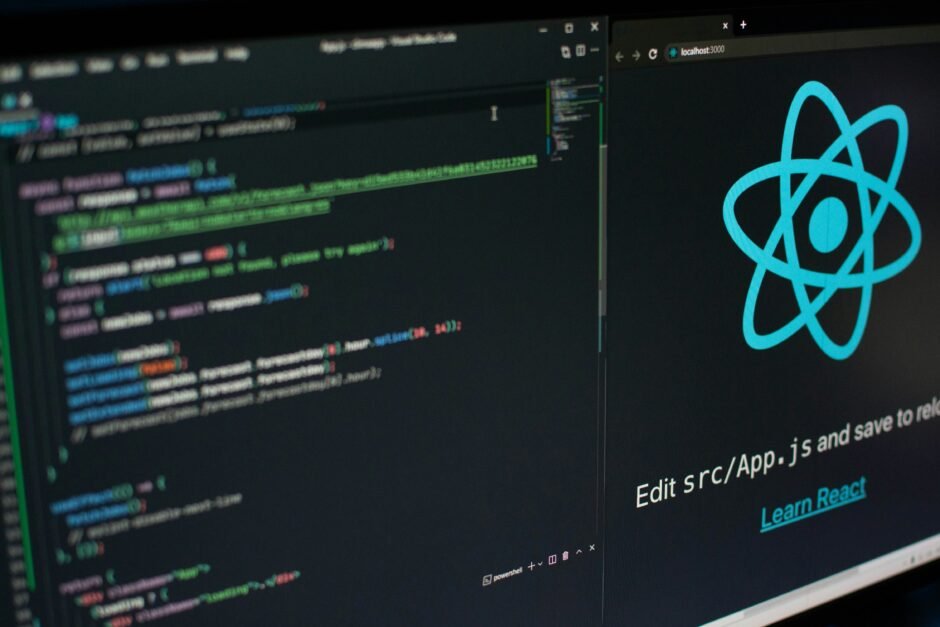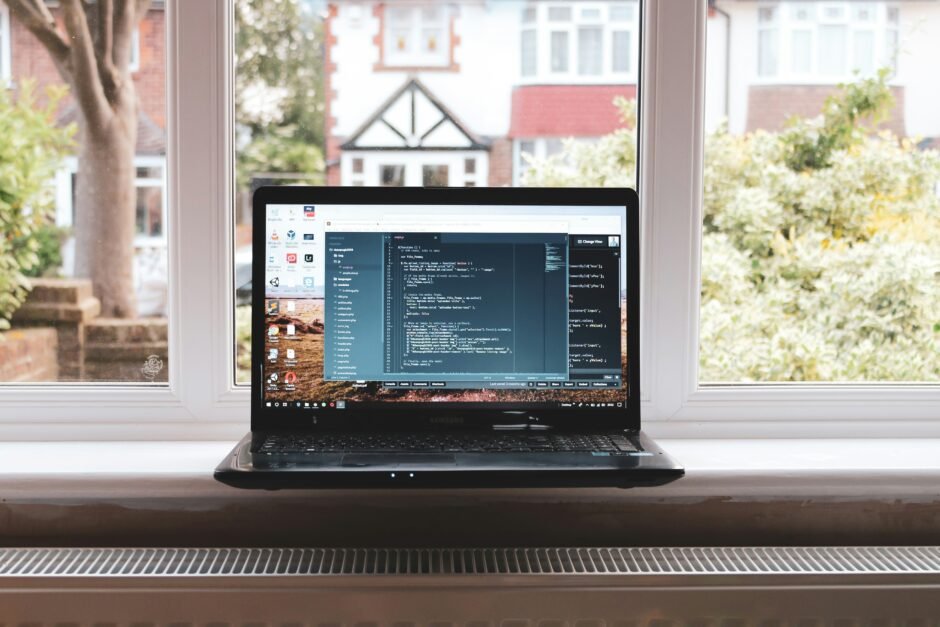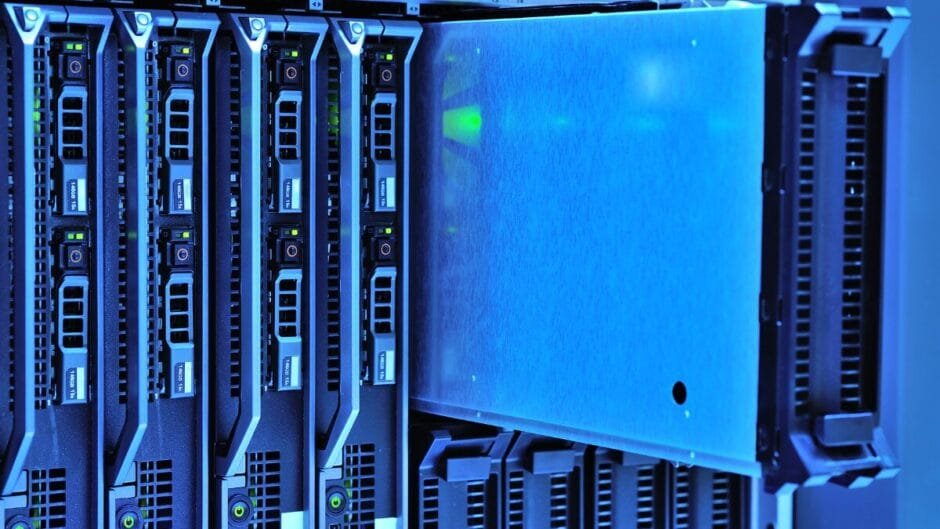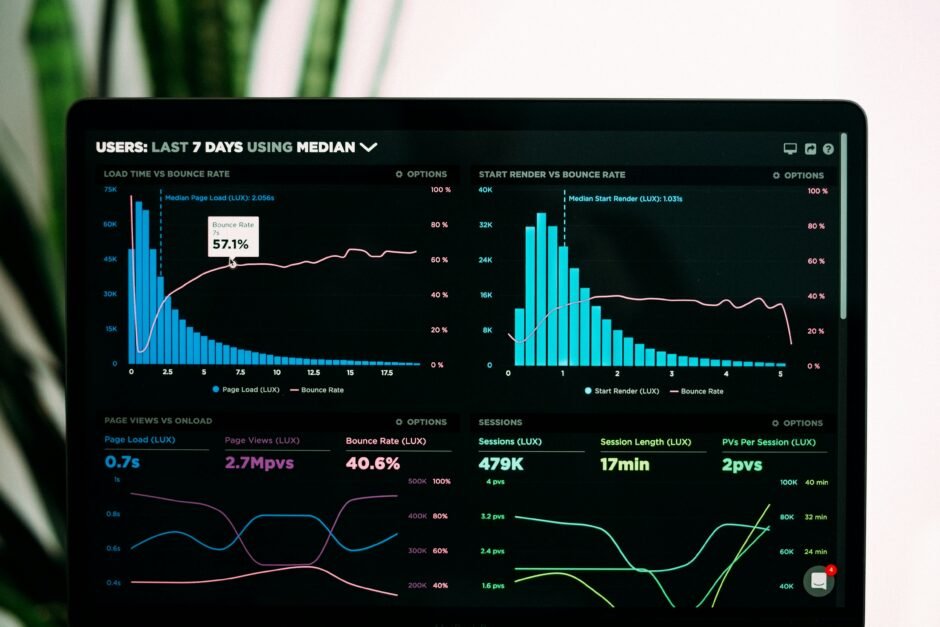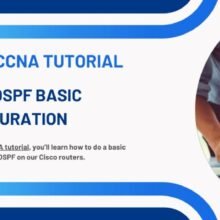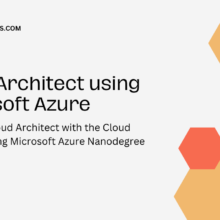Smart Phone Remote Controller ● Widespread Compatibility: Your smartphone can function effectively with the standard connector that is frequently used to replace iOS cellphones.● Plug and Play: Your smartphone may become an…
CISA Protecting information Assets Certified Practice Exam
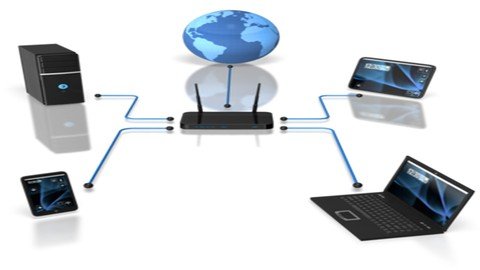

CISA Protecting information Assets Certified Practice Exam
The Certified Information Systems Auditor (CISA) certification focuses on safeguarding and managing information assets within organizations.
CISA professionals specialize in assessing, controlling, and ensuring the security, integrity, and availability of information systems.

Their expertise spans various domains, including auditing, governance, risk management, and compliance. With a deep understanding of information security and auditing principles, CISA holders play a crucial role in identifying vulnerabilities, assessing risks, and implementing controls to protect valuable information assets from potential threats and breaches.
They contribute significantly to ensuring that systems and data are managed securely and align with regulatory compliance standards.
CISA certification holders are instrumental in strengthening an organization’s defenses against cyber threats and formulating strategies to maintain the confidentiality, integrity, and availability of sensitive information assets.

Sample Questions
Q) Which of the following functions to be performed by the application owners to ensure adequate separation between IP and end-users? a) system
b) Adoption of Access to Information
c) programming
d) Data management
e) None
Q) Responsibility for the maintenance of adequate security for information assets to live with:
a) security Officer
b) System Administrator
c) data and system owner.
d) operating system group.
e) None
Q) The main risk to the end user has access to the database at the system level, not the application is that users can:

a) unauthorized changes to the database directly, without an audit trail.
b) To use the language query system (SQL) to access information.
c) remote access to the database.
d) update data without authentication.
e) None
Q) In order to determine who is granted permission to use a particular system resource IS auditor should review:
a) lists activities
b) access control lists.
c) Login ID lists
d) password lists.
e) None





